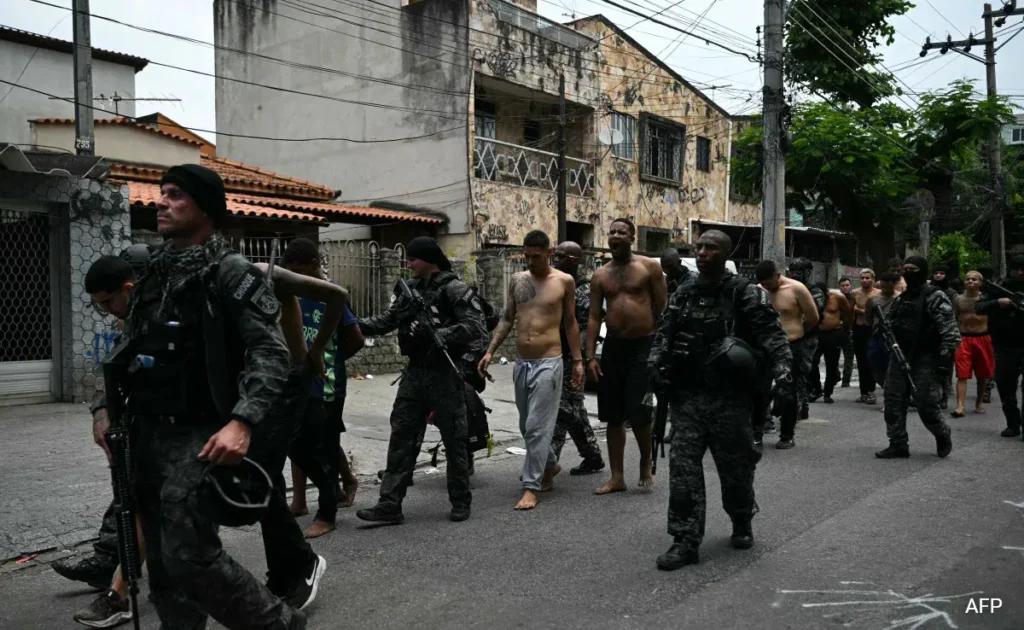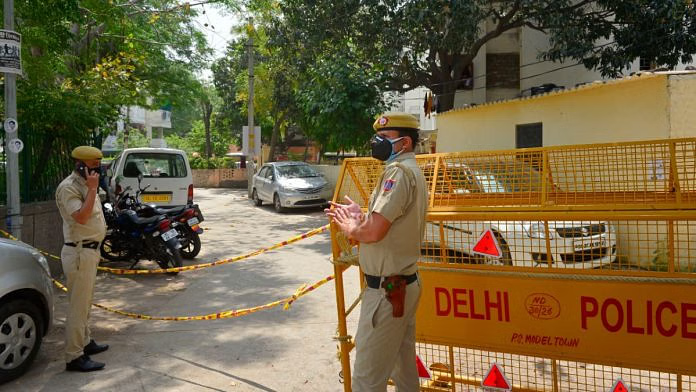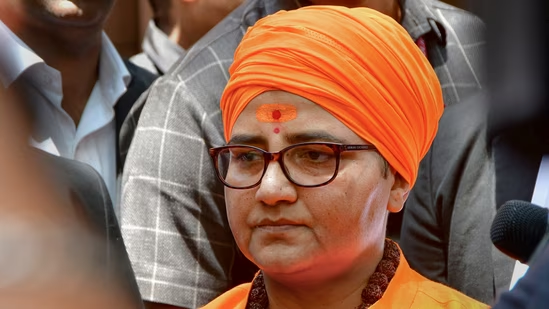Now Reading: Madurai Caste Killing Case Transferred to CB-CID; Prime Accused Booked Under Goondas Act
-
01
Madurai Caste Killing Case Transferred to CB-CID; Prime Accused Booked Under Goondas Act
Madurai Caste Killing Case Transferred to CB-CID; Prime Accused Booked Under Goondas Act
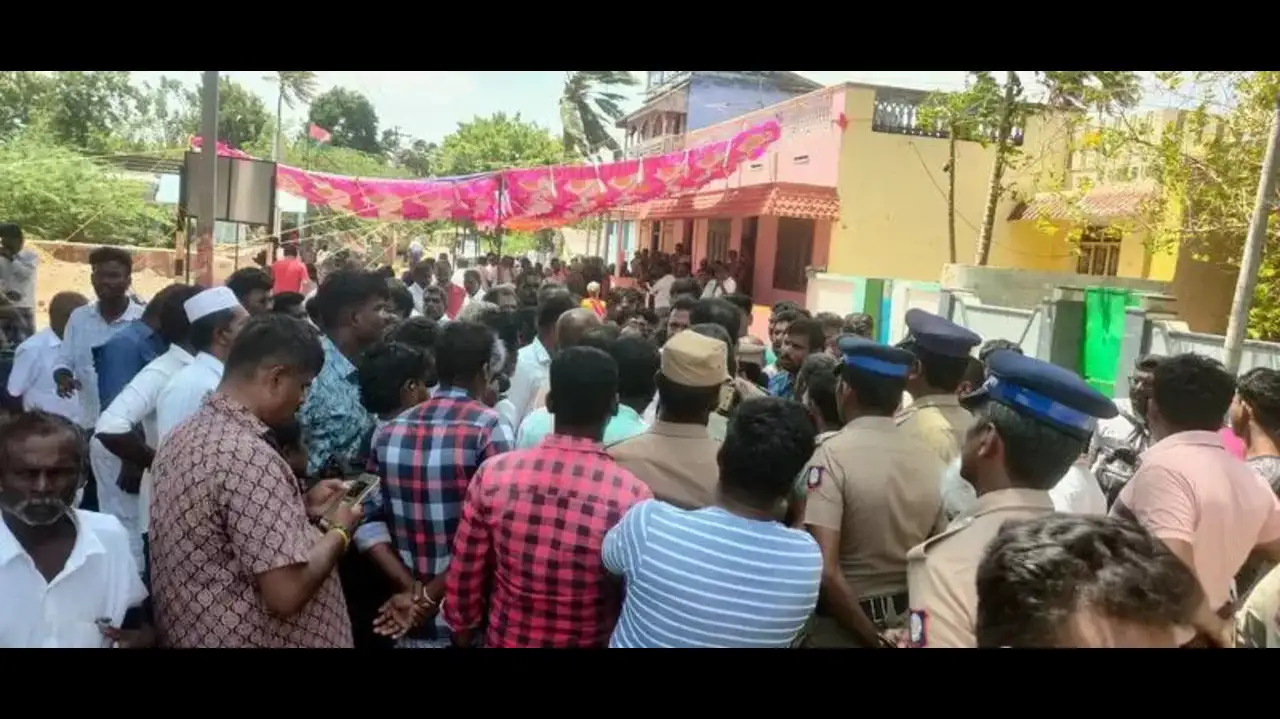
A brutal caste-related murder in Tamil Nadu’s Madurai district has triggered strong legal action and public outrage. The case, involving the killing of a 24-year-old man allegedly over an inter-caste relationship, has now been handed over to the CB-CID for deeper investigation. The main accused has been detained under the stringent Goondas Act, highlighting the state’s tough stand on caste violence.
The Incident
The victim, identified as K Suresh, belonged to a Scheduled Caste community. He was allegedly in a relationship with a woman from an intermediate caste. On July 19, Suresh was found dead in Usilampatti, a region already known for past caste-related tensions.
Initial reports suggest that the woman’s family members strongly opposed their relationship. Police believe the murder was planned and executed to ‘protect family honour,’ a phrase often tied to caste-based killings in parts of Tamil Nadu.
Investigation Gains Pace
Soon after the incident, local police arrested several individuals, including the woman’s relatives. With growing pressure from civil society and political parties, the state transferred the case to the Crime Branch-CID wing for a more detailed probe.
Authorities have invoked the Goondas Act against the key accused, which allows for preventive detention without bail for up to a year. This step is typically used in cases involving severe threats to public order.
Spotlight on Caste Crimes in Tamil Nadu
Caste-based violence has long plagued rural Tamil Nadu, especially in districts like Madurai, Theni, and Tirunelveli. In Tier 2 towns and villages, inter-caste relationships still face harsh opposition, sometimes leading to violence or social boycott.
Activists argue that while laws exist to curb such crimes, implementation is inconsistent. They are now urging the state to ensure justice in this case, and to use it as an example to discourage similar incidents.
Political and Public Reactions
The incident has drawn widespread condemnation. Local Dalit organizations held protests demanding a fast-track trial and police protection for the victim’s family. Politicians across party lines have expressed concern, though some have been accused of using the incident to stir caste-based sentiments for political mileage.
Social media discussions around the case are intense, with many users calling for stronger enforcement of anti-caste laws and education against caste discrimination in schools and colleges.
Conclusion: A Test Case for Justice
The Madurai caste killing is not just a local tragedy—it’s a reflection of deep-rooted social issues that continue to surface in modern India. As the CB-CID takes over and legal action picks up pace, the focus now shifts to whether justice will be delivered swiftly and fairly. For many, especially in Tier 2 and rural regions of Tamil Nadu, the outcome of this case could set an important precedent.








